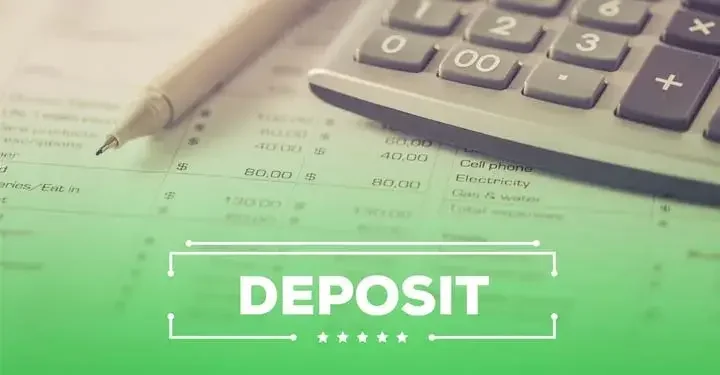Just about any business, especially one with employees should consider setting up direct deposit. This efficient method of transacting business can improve profitability.

Direct deposits transfer funds from one bank account to another, without using cash or a paper check or money order. Direct deposit can be set up for a single transaction, for repeated payments to employees, for payments to vendors and independent contractors, or for the receipt of payments from customers.
It is easy to learn how to set up direct deposit, and your bank will guide you through the process and explain any direct deposit rules or restrictions you may need to know.
Benefits of direct deposit
Setting up direct deposit has benefits for both the company and the employee.
For the company, direct deposit:
- Saves money—the cost of direct fund transfers is less than the cost of printing and mailing checks, and paying staff to process payment checks and maintain accounting
- Avoids potential problems with getting paper checks printed on time for payday
- Enhances employee satisfaction
From the employee's perspective, direct deposit is popular because it:
- Gets the funds into their account quickly—with no holds or processing delays
- Eliminates trips to the bank—no more dashes to the bank during the lunch break
- Eliminates the possibility of their paycheck's being lost
- May enable them to split the deposit between savings and checking accounts
Indirectly, the money that the company saves is available for employee pay raises or other benefits, although that doesn't always occur.
Direct deposit downsides
Overall, direct deposit is beneficial to both employers and employees. However, there are a few potential drawbacks.
For the company, the cons of direct deposit include:
- You can't stop payment, as you can with a paper check.
- Changing banks means changing direct deposit information—employees need to complete new authorizations forms.
- There may be some initial costs to set up accounts and direct deposit bookkeeping software.
- The company will need to establish security measures to safeguard the employees' bank routing and account numbers.
For the employee, the cons of direct deposit include:
- Being required to provide bank information to be entered into the employer's database creates one more place where the employee's bank account information is subject to online hacking, although this does not often occur.
- Changing banks means changing direct deposit information—the employee needs to complete new authorization forms.
- Changing banks means that the employee will need to keep their old account open until the new account starts receiving deposits, which can take a few weeks.
- Just as with a paper check, before writing checks against the deposit, the employee should be sure the electronically deposited funds are in their account and available.
Special considerations for landlords
If you are in the residential or commercial real estate rental business, it can be convenient to set up electronic direct deposit of rent for your tenants. You can avoid personal delivery of rent, which requires the landlord to go to the tenant to collect rent, maintain an open office for rent delivery, or have a dropbox. Direct rent deposits also can be set up without giving the tenant access to the landlord's bank account number.
However, direct deposit can become a problem in eviction procedures. Landlord-tenant law varies greatly from state-to-state, between municipalities, and as the laws pertain to residential leases vs. commercial leases. It is important to know the law that applies.
Generally, in an eviction, the landlord gives the tenant a written notice to vacate within a certain time period. If the tenant doesn't vacate, the matter goes to court. In many jurisdictions, if the landlord accepts a rent payment after the notice to vacate is delivered, the landlord waives continuing with eviction.
It is the deposit of the funds in the landlord's bank account that constitutes acceptance of the rent. A landlord can reject a payment that is offered with a paper check, by either mailing the check back to the tenant or refusing to accept hand delivery.
If the tenant goes online and makes the direct deposit, that constitutes acceptance of rent by the landlord. To proceed with eviction, the landlord needs to start all over with a new notice to vacate, then file a new court case. The only way to avoid this would be for the landlord to close the bank account to prevent a direct deposit. However, this can incur bank fees and cause other problems if the landlord is using the account to pay expenses (such as mortgages or utility bills) or to receive direct deposits from others.
For most companies, however, the benefits of direct deposit far outweigh the potential problems. Setting up direct deposits can be done easily by filling out a simple direct deposit authorization form, and you'll increase efficiency in the process—as both the employer and the employee are provided with a simpler, reliable, and more direct payment service.

